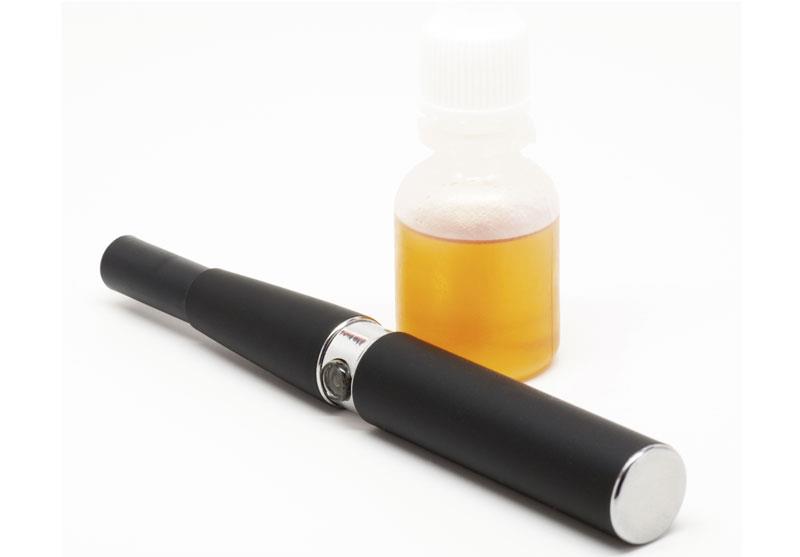
Women who use e-cigarettes appear to have slightly reduced fecundability, although it is unclear whether it represents a causal effect, a study has reported.
Researchers looked at a cohort of 4,586 women aged 21–45 years who were enrolled in Pregnancy Study Online (PRESTO), a web-based prospective preconception study. All women reported current and former e-cigarette use and completed bimonthly follow-up questionnaires until self-reported pregnancy or censoring.
The population contributed 14,489 menstrual cycles of attempt time and 2,604 pregnancies. At baseline, 609 women reported having used an e-cigarette, and 172 were current users.
Proportional probabilities models controlled for potential confounders showed that relative to never use, current e-cigarette use was associated with slightly lower fecundability (fecundability ratio [FR], 0.84, 95 percent confidence interval [CI], 0.67–1.06).
Compared with current nonusers of e-cigarettes and combustible cigarettes, current dual-users of e-cigarettes and cigarettes had an FR of 0.83 (95 percent CI, 0.54–1.29), current e-cigarette users who were non-smokers had an FR of 0.91 (95 percent CI, 0.70–1.18), and cigarette smokers who were not e-cigarette users had an FR of 1.01 (95 percent CI, 0.85–1.20).
Fecundability estimates of the independent and joint associations of e-cigarette use with combustible cigarette smoking were inconsistent and imprecise, according to the researchers.
Nevertheless, women planning a pregnancy, especially smokers who wish to cut or substitute combustible cigarette exposure, may seek guidance on the safety of using e-cigarettes during the preconception period, they added.